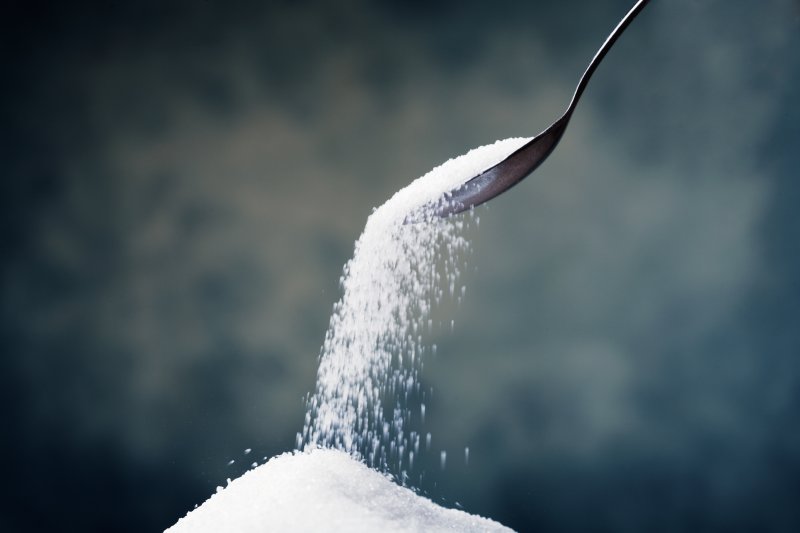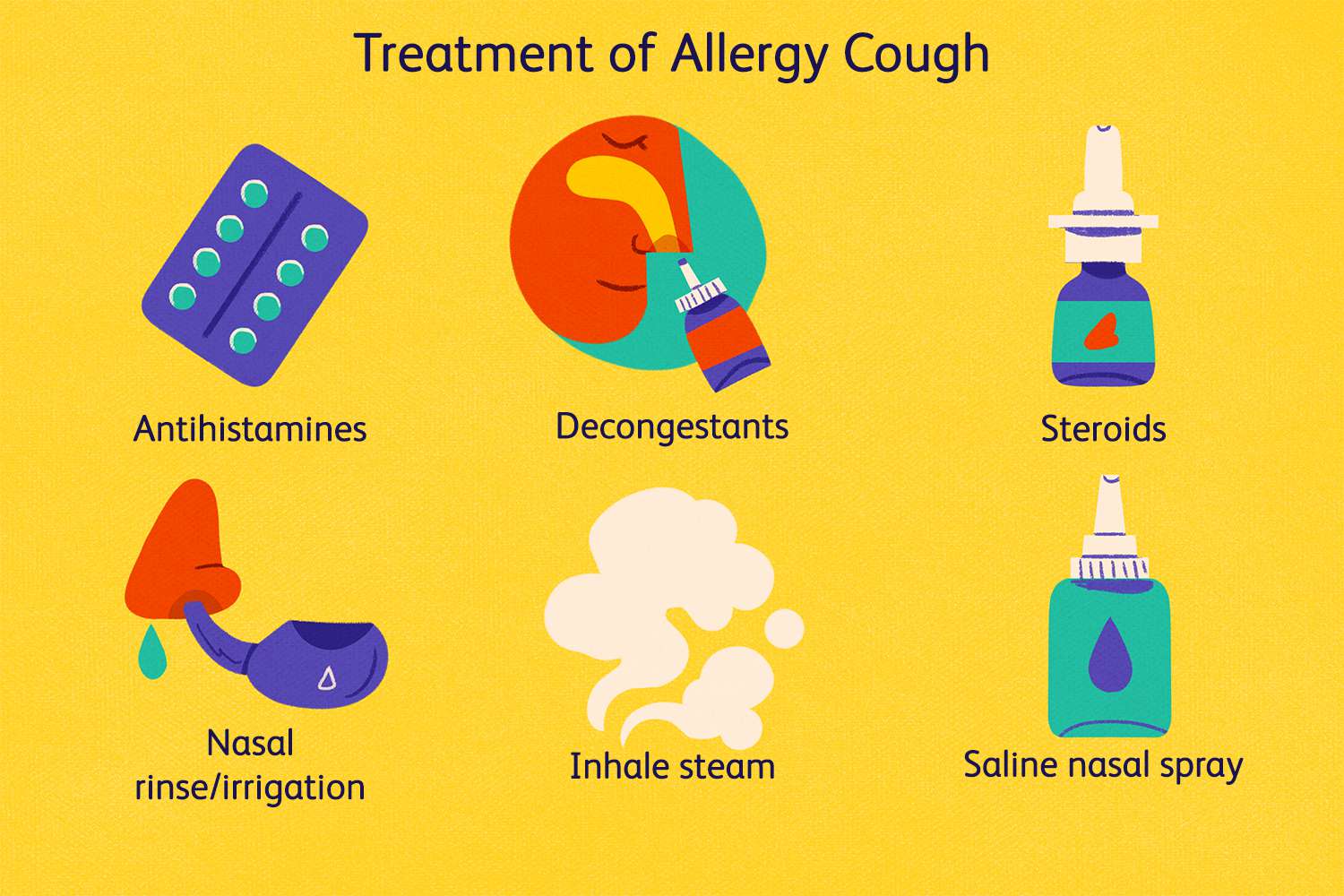Do Sugar Substitutes Cause Cavities

The relationship between sugar substitutes and cavities is a complex one, filled with nuances and debates within the dental and nutritional communities. To understand this dynamic, it’s essential to delve into the basics of how cavities form and the role that sugar substitutes play in this process.
Cavities, or tooth decay, are primarily caused by the acidity produced when bacteria in the mouth break down sugars and starches from the food we eat. This process involves several key players: the bacteria, the substrate (sugars or starches), and the teeth themselves. When bacteria like Streptococcus mutans ferment carbohydrates, they produce acid, which can demineralize tooth enamel and dentin, leading to cavities.
Sugar substitutes, also known as artificial sweeteners, are compounds that provide a sweet taste similar to that of sugar but contain virtually no calories. They are widely used in foods and beverages to reduce sugar content while maintaining sweetness. The most common sugar substitutes include aspartame, sucralose, stevia, and saccharin. The question of whether these substitutes contribute to cavity formation hinges on how they interact with oral bacteria and the resulting acid production.
Interaction with Oral Bacteria
Research has shown that sugar substitutes are not fermented by oral bacteria in the same way as natural sugars. Since the bacteria cannot break down these artificial compounds, they do not produce the same level of acid, which is a key factor in the development of cavities. For instance, a study published in the European Journal of Oral Sciences found that sucralose did not contribute to the formation of cavities because it was not metabolized by the oral flora.
Clinical Evidence
Numerous clinical trials and reviews have investigated the effects of sugar substitutes on oral health. A systematic review published in the Journal of Dental Research concluded that the use of sugar-free products, including those with artificial sweeteners, can help reduce the incidence of dental caries (cavities). This reduction is attributed to the lack of fermentable carbohydrates in these products, which decreases acid production by oral bacteria.
Potential Concerns
While sugar substitutes themselves may not contribute directly to cavity formation, there are potential indirect concerns. For example, some sugar substitutes can be used in products that also contain carbohydrates or other fermentable ingredients, which could still lead to acid production. Additionally, the overconsumption of sugar-free products might lead to an increased exposure to acidic environments if the products have a low pH level, potentially eroding tooth enamel over time.
Conclusion
In conclusion, the current scientific consensus is that sugar substitutes, when used appropriately, do not cause cavities. Their inability to be fermented by oral bacteria means they do not contribute to the acid production that leads to tooth decay. However, maintaining good oral hygiene practices, including regular brushing, flossing, and dental check-ups, is crucial for overall dental health, regardless of sugar or sugar substitute consumption.
Practical Recommendations
For individuals seeking to minimize their risk of cavities while still enjoying sweetened foods and beverages, the following recommendations can be helpful: - Choose sugar-free products that have been tested and approved by dental associations. - Be mindful of the overall sugar content in your diet, as even if a product is labeled as “sugar-free,” it may contain other carbohydrates. - Practice good oral hygiene, including brushing your teeth at least twice a day and flossing once a day. - Regularly visit your dentist for check-ups and cleanings.
FAQ Section
Do all sugar substitutes prevent cavities equally?
+While sugar substitutes themselves are not fermented by bacteria and thus do not directly contribute to cavity formation, the overall effect on oral health can vary depending on the type of sugar substitute and other ingredients in the product. Always look for products that have the ADA Seal of Acceptance or similar endorsements from reputable dental organizations.
Can sugar substitutes replace regular dental care?
+No, sugar substitutes should not be seen as a replacement for regular dental care. Regardless of your diet, brushing your teeth, flossing, and visiting your dentist regularly are essential for preventing cavities and maintaining overall oral health.
Are there any natural alternatives to artificial sugar substitutes that can help prevent cavities?
+Yes, natural sweeteners like honey and maple syrup, while still sugars, contain antimicrobial properties that can help combat oral bacteria. However, they should be consumed in moderation due to their high sugar content. Additionally, xylitol, a sugar alcohol, has been shown to inhibit the growth of Streptococcus mutans, a primary bacteria responsible for cavities, making it a useful ingredient in sugar-free gum and other oral care products.
Understanding the relationship between sugar substitutes and cavities requires a nuanced approach, considering both the direct effects of these substitutes on oral bacteria and their indirect implications for dietary habits and oral hygiene practices. By making informed choices and maintaining a rigorous oral care routine, individuals can enjoy the benefits of sugar substitutes while protecting their dental health.
